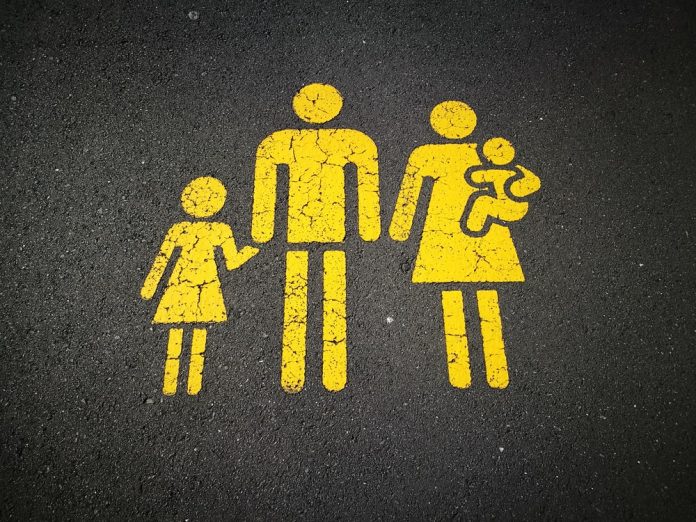My husband and I have a private joke. When we find ourselves in conversation about shifting social norms or the tribalism of contemporary politics, invariably his eyes begin to twinkle. I know that he’s silently counting the minutes until I utter the words: “Well, you know, it all comes back to the sexual revolution.” Upon reading Primal Screams: How the Sexual Revolution Created Identity Politics, I imagine author Mary Eberstadt having similar moments with her husband, Nick (to whom the book is dedicated), and I feel entirely justified.
Eberstadt is a writer and senior research fellow at the Faith and Reason Institute whose previous books trace themes of western secularization, religious freedom, and sexual ethics. In Primal Screams, she follows a similar path, making the case that the liquidation of family in the wake of the sexual revolution is a primary driver of today’s identity politics.
While Eberstadt’s conservative bent reveals itself in her framing and word choice, she does attempt conversation across the political spectrum and maintains that regardless of affiliation, we can all agree on two things: first, that the American polis is deeply divided and second, that identity politics is among the most powerful forces of our time. But unlike some of her fellow conservatives, who might simply blame progressives as fomenters of identity politics, Eberstadt seeks to understand what drives victim-based identity in the first place.
Identity politics, she argues, answers the question “Who am I?” for a society that lacks traditional sources of identity and purpose. The “Great Scattering”—her term for the social and familial fallout of the sexual revolution—magnified our need for connection while simultaneously stripping us of a natural mechanism for belonging and protection. The loss of family also means fewer opportunities to learn how to build common trust in the pursuit of the common good.
Still, Eberstadt acknowledges that the “Great Scattering” is not the only driver of identity politics. “Real crimes and injustices,” she writes, “have been committed against real sexual and racial and other minorities—wrongs that have naturally driven many people to group identities in hopes of preventing more wounds.” We cluster in special interest groups because we find ourselves alone in the world and believe that the only ones we can count on to meet our needs and protect us are those who have similarly suffered. In this sense, Eberstadt understands family fragmentation not simply as the loss of traditional values but as the loss of society itself.
The most compelling part of Eberstadt’s argument is her explanation of identity politics as a survival mechanism. She frames feminism, for example, as a necessary social adaptation in a sexual ethos that privileges male promiscuity. Contra fellow conservatives who might posit feminism or queer theory as the cause of familial breakdown, Eberstadt sees them as the result of a world that is increasingly dangerous for women and children because of the loss of marital norms. She calls readers to distinguish between the presenting symptoms and the deeper systemic ailment: “However unconsciously,” she writes, “feminism is in fact expressing an overlooked truth here: today’s women have reason to feel concerned.”
In parsing the #MeToo Movement, she continues
The sexual revolution reduced the number of men who could be counted on … the ethos of recreational sex blurred the lines between protector and predator, making it harder for women to tell the difference. Simultaneously, the decline of family has reduced the number of men offering affection and companionship of a non-sexual nature—fewer brothers, cousins, uncles, and others who could once have been counted on to push back against men treating [women] badly.
Source: Christianity Today
All Content & Images are provided by the acknowledged source



